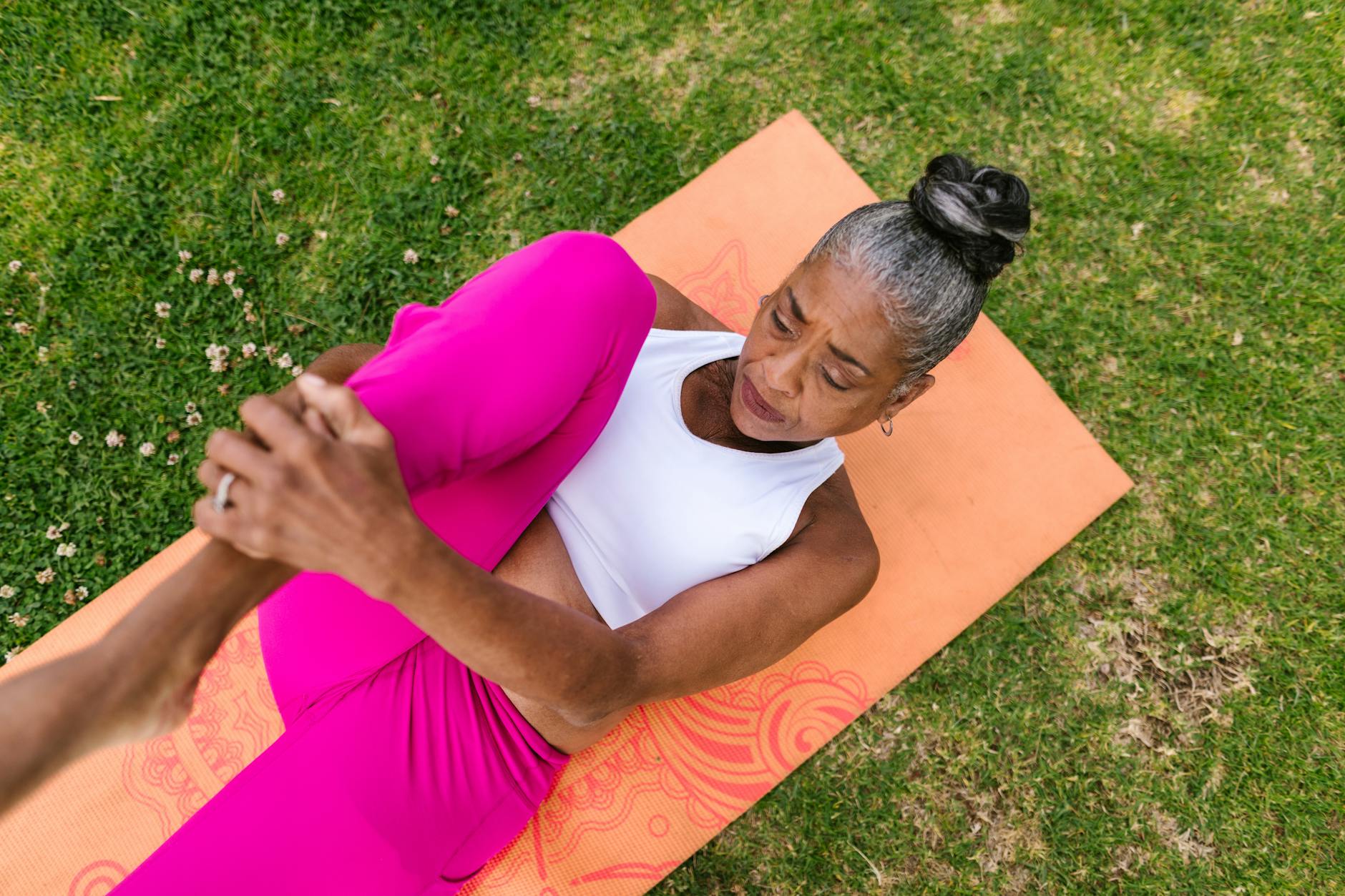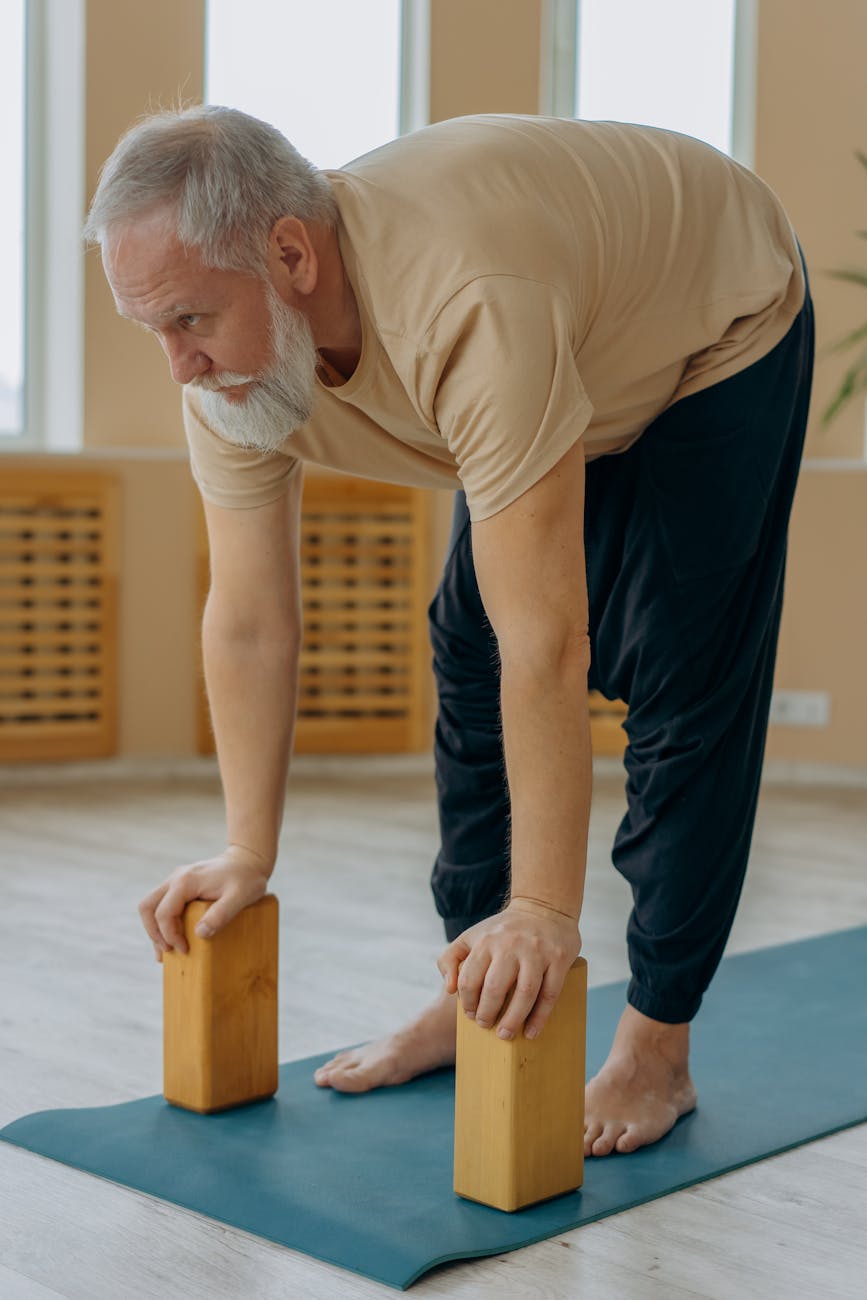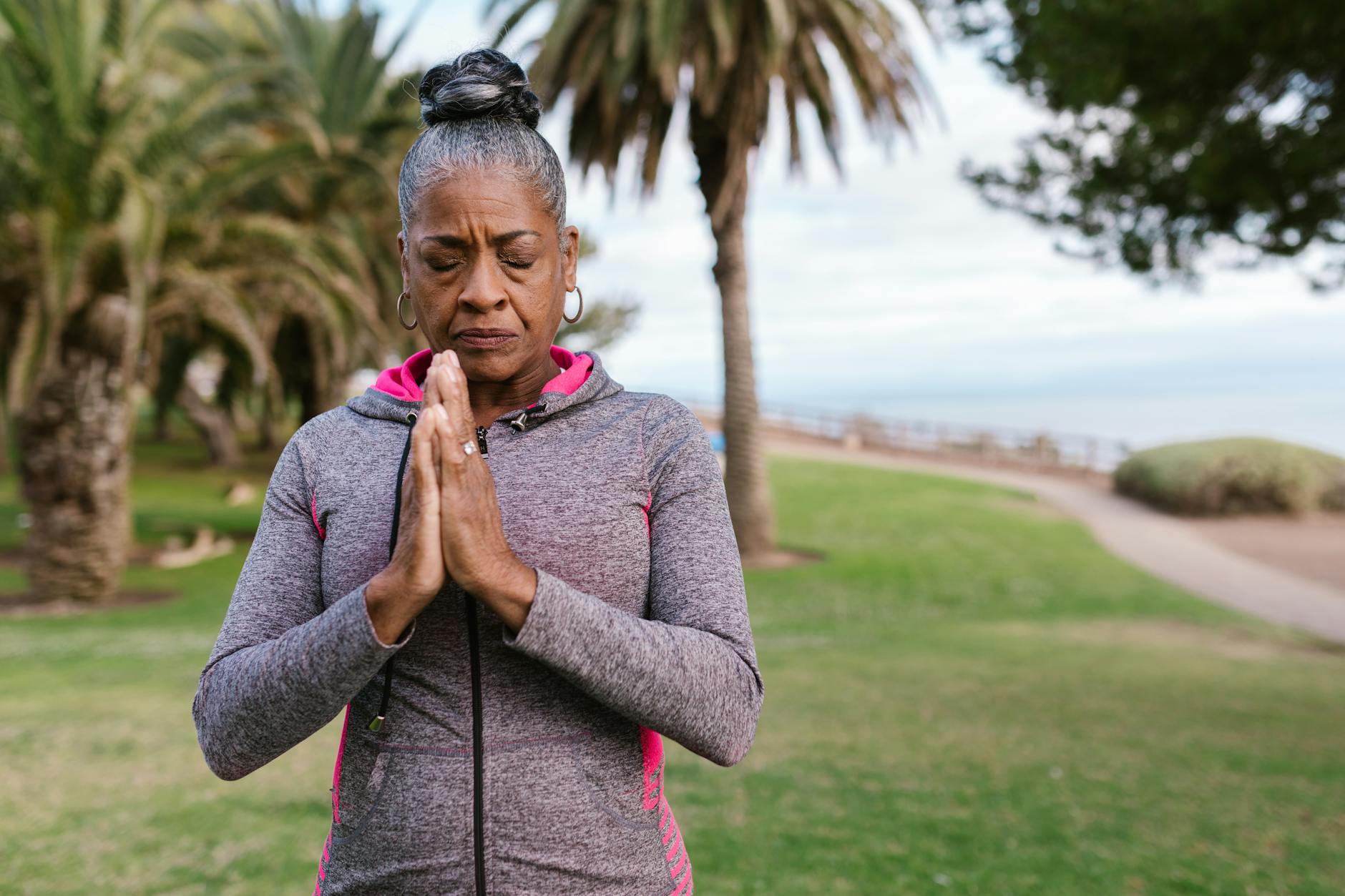Embarking on a fitness journey can feel daunting. The idea of committing to regular workouts, especially when juggling work, family, and other commitments, might seem like an insurmountable challenge. Yet, the profound benefits of physical activity – from enhanced mood and energy levels to improved sleep, reduced risk of chronic diseases, and increased longevity – make it a worthwhile pursuit.
The good news is that you don’t need to transform into a gym fanatic overnight. The secret lies in understanding how to start a weekly exercise routine that is realistic, enjoyable, and sustainable. This comprehensive guide will walk you through the essential steps, from setting your intentions to overcoming common hurdles, helping you weave fitness seamlessly into your life.
The “Why” Before the “How”: Defining Your Motivation
Before you even tie your shoelaces, take a moment to understand why you want to start exercising. Is it to lose weight, build muscle, reduce stress, improve your energy, or simply feel better in your skin? Your “why” will be your driving force when motivation wanes. Write it down, make it specific, and keep it somewhere visible. Connecting with an intrinsic desire – how exercise makes you feel or the quality of life it enables – often proves more powerful than external motivators like a specific number on the scale. When you genuinely value the benefits, committing to a consistent exercise routine becomes a choice you make for yourself, not a chore you endure.

Laying the Groundwork: Pre-Routine Essentials
Before diving headfirst into a new workout regimen, a few preparatory steps can set you up for success and safety.
- Consult Your Doctor: This is paramount, especially if you have pre-existing health conditions, haven’t exercised in a while, or are over a certain age. Your doctor can advise on any limitations or specific considerations for your health.
- Assess Your Current Fitness Level: Be honest with yourself. Are you an absolute beginner, or do you have some prior experience? This assessment will help you set realistic starting points and avoid overexertion or injury.
- Set Realistic, SMART Goals:
- Specific: Instead of “get fit,” aim for “walk 30 minutes, three times a week.”
- Measurable: How will you track progress? (e.g., increased duration, fewer breaks, heavier weights).
- Achievable: Start small. Don’t aim for five intense workouts if you’re currently doing zero.
- Relevant: Does it align with your “why”?
- Time-bound: Set a timeframe (e.g., “By the end of the month, I want to comfortably walk 30 minutes”).
- Choose Your Activities: What do you genuinely enjoy? If you hate running, don’t force yourself onto a treadmill. There are countless ways to be active. Explore different options until you find something that sparks joy. This could include:
- Cardiovascular activities: Walking, jogging, cycling, swimming, dancing, hiking, brisk walking.
- Strength training: Bodyweight exercises, free weights, resistance bands, gym machines.
- Flexibility and balance: Yoga, Pilates, stretching classes, Tai Chi.
- Mind-body practices: Qigong, meditation with movement.
- Recreational sports: Tennis, basketball, soccer, ultimate frisbee.

Crafting Your Weekly Exercise Routine: The Core “How-To”
This is where the rubber meets the road. Building a sustainable weekly exercise routine involves a strategic approach to frequency, duration, intensity, and variety.
The Principle of Progression: Start Small, Build Up
The biggest mistake beginners make is doing too much too soon. You don’t need to spend hours at the gym every day. Start with what feels manageable and gradually increase the challenge as your body adapts. Consistency trumps intensity in the early stages.
Frequency, Duration, and Intensity Recommendations:
- Frequency: Aim for 3-5 days of structured exercise per week. If you’re starting from scratch, even two days is a great beginning.
- Duration: For beginners, 20-30 minutes per session is a fantastic target. This can include a warm-up and cool-down. As you get fitter, you can gradually extend the active portion of your workout to 45-60 minutes.
- Intensity: Listen to your body. For cardio, aim for a moderate intensity where you can talk but not sing (the “talk test”). For strength training, choose a weight or resistance level that allows you to complete 8-12 repetitions with good form, feeling challenged by the last few reps.
Incorporating Different Workout Types:
A well-rounded weekly exercise routine should ideally include a mix of the following:
- Cardio (Aerobic Exercise):
- Goal: Improve heart health, endurance, and burn calories.
- Examples: Brisk walking, jogging, cycling, swimming, dancing.
- Recommendation: Aim for 150 minutes of moderate-intensity cardio or 75 minutes of vigorous-intensity cardio per week, spread across multiple days.
- Strength Training (Resistance Training):
- Goal: Build muscle mass, increase strength, improve bone density, boost metabolism, and enhance functional movement.
- Examples: Bodyweight squats, lunges, push-ups, planks; using dumbbells, barbells, or resistance bands for various exercises targeting major muscle groups.
- Recommendation: 2-3 sessions per week, targeting all major muscle groups (legs, back, chest, shoulders, arms, core). Allow at least 48 hours rest between training the same muscle group.
- Flexibility & Balance:
- Goal: Improve range of motion, prevent injuries, enhance posture, and reduce muscle soreness.
- Examples: Static stretches, dynamic stretches, yoga, Pilates, Tai Chi.
- Recommendation: Incorporate stretching after every workout, or dedicate 1-2 sessions per week to flexibility and balance work.
Sample Weekly Exercise Routine Structure (Beginner-Friendly):
Here’s an example of how to start a weekly exercise routine that balances different types of activity:
- Monday: Full Body Strength (e.g., bodyweight squats, lunges, push-ups from knees, plank, glute bridges) – 2 sets of 10-12 reps per exercise.
- Tuesday: Moderate Cardio (e.g., 25-30 minutes brisk walking or cycling).
- Wednesday: Active Recovery / Flexibility (e.g., 30 minutes light stretching, gentle yoga, or a leisurely walk).
- Thursday: Full Body Strength (repeat Monday’s routine or slightly vary exercises).
- Friday: Moderate Cardio (e.g., 25-30 minutes low-impact aerobic class or swimming).
- Saturday & Sunday: Rest or light unstructured activity (e.g., family walk, gardening, hiking).
Essential Components of Every Session:
- Warm-up (5-10 minutes): Light cardio (jogging in place, marching) and dynamic stretches (arm circles, leg swings). This prepares your muscles and joints.
- Cool-down (5-10 minutes): Light cardio (walking) followed by static stretches (holding stretches for 15-30 seconds). This helps with recovery and flexibility.

Overcoming Obstacles & Ensuring Consistency
Starting is one thing; sticking with it is another. Many common challenges can derail a new exercise routine.
- Time Management: Schedule your workouts like unshakable appointments in your calendar. Treat them with the same importance as a work meeting. Consider exercising early in the morning before other demands arise.
- Motivation Slumps: Everyone experiences them.
- Find a workout buddy for accountability.
- Vary your routine to prevent boredom.
- Create a motivating playlist.
- Set up a small reward system for consistency (e.g., a new workout outfit after a month).
- Remind yourself of your “why.”
- On low-motivation days, tell yourself you only need to do 10-15 minutes. Often, once you start, you’ll continue.
- Dealing with Soreness: It’s normal to feel some muscle soreness (DOMS) when you start or increase intensity.
- Light activity (walking, gentle stretching) can help.
- Ensure proper hydration and nutrition.
- Don’t push through sharp pain, as this could indicate an injury.
- Injury Prevention:
- Always warm up and cool down.
- Focus on proper form over heavy weights or high speed.
- Listen to your body; rest when needed.
- Gradually increase intensity, duration, or resistance.
- Making it a Habit: It takes time for a new behavior to become ingrained. Some studies suggest it takes around 66 days for a new habit to become automatic. Be patient and persistent. Link your exercise to an existing habit (e.g., “After my morning coffee, I’ll do my workout”).
- Tracking Progress: Keep a journal, use a fitness app, or simply note down your workouts. Seeing your progress (e.g., running further, lifting heavier, feeling more energetic) can be incredibly motivating and reinforce your commitment to your exercise routine.
Beyond the Gym
Remember that exercise is just one pillar of a healthy lifestyle. For optimal results and overall well-being, integrate these elements into your routine:
- Nutrition: Fuel your body with whole, unprocessed foods. Prioritize lean proteins, complex carbohydrates, and healthy fats. Hydration is crucial for performance and recovery.
- Hydration: Drink plenty of water throughout the day, especially before, during, and after workouts.
- Sleep: Aim for 7-9 hours of quality sleep per night. Sleep is when your body repairs and recovers from exercise.
- Stress Management: Exercise is a fantastic stress reliever, but also incorporate other relaxation techniques like meditation, deep breathing, or spending time in nature.
- Listen to Your Body: This is perhaps the most important advice. Some days you’ll feel strong, others you’ll feel tired. Adjust your routine accordingly. Rest days are not a sign of weakness; they are essential for recovery and growth.
Start slow
Learning how to start a weekly exercise routine is truly about embarking on a journey of self-improvement and self-care. It’s not about achieving perfection, but about embracing consistency, patience, and self-compassion. Begin by defining your “why,” lay a solid foundation with realistic goals and enjoyable activities, and meticulously plan your weekly schedule. Anticipate obstacles and develop strategies to overcome them, understanding that setbacks are a normal part of the process.
The benefits of a consistent exercise routine extend far beyond physical appearance, impacting every facet of your life positively. So, take that first step, however small it may seem. Your future self, brimming with energy, vitality, and well-being, will thank you for it.













